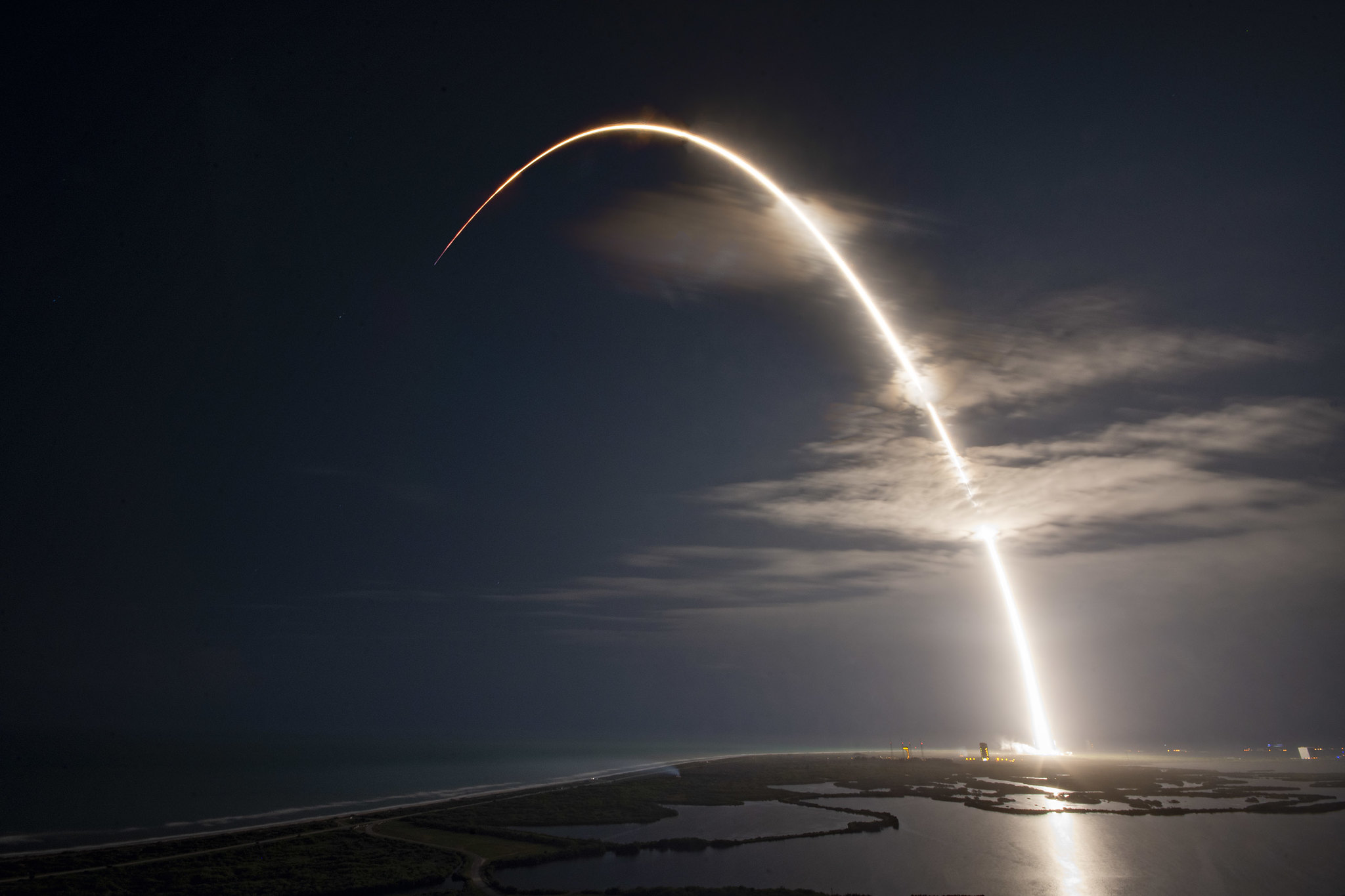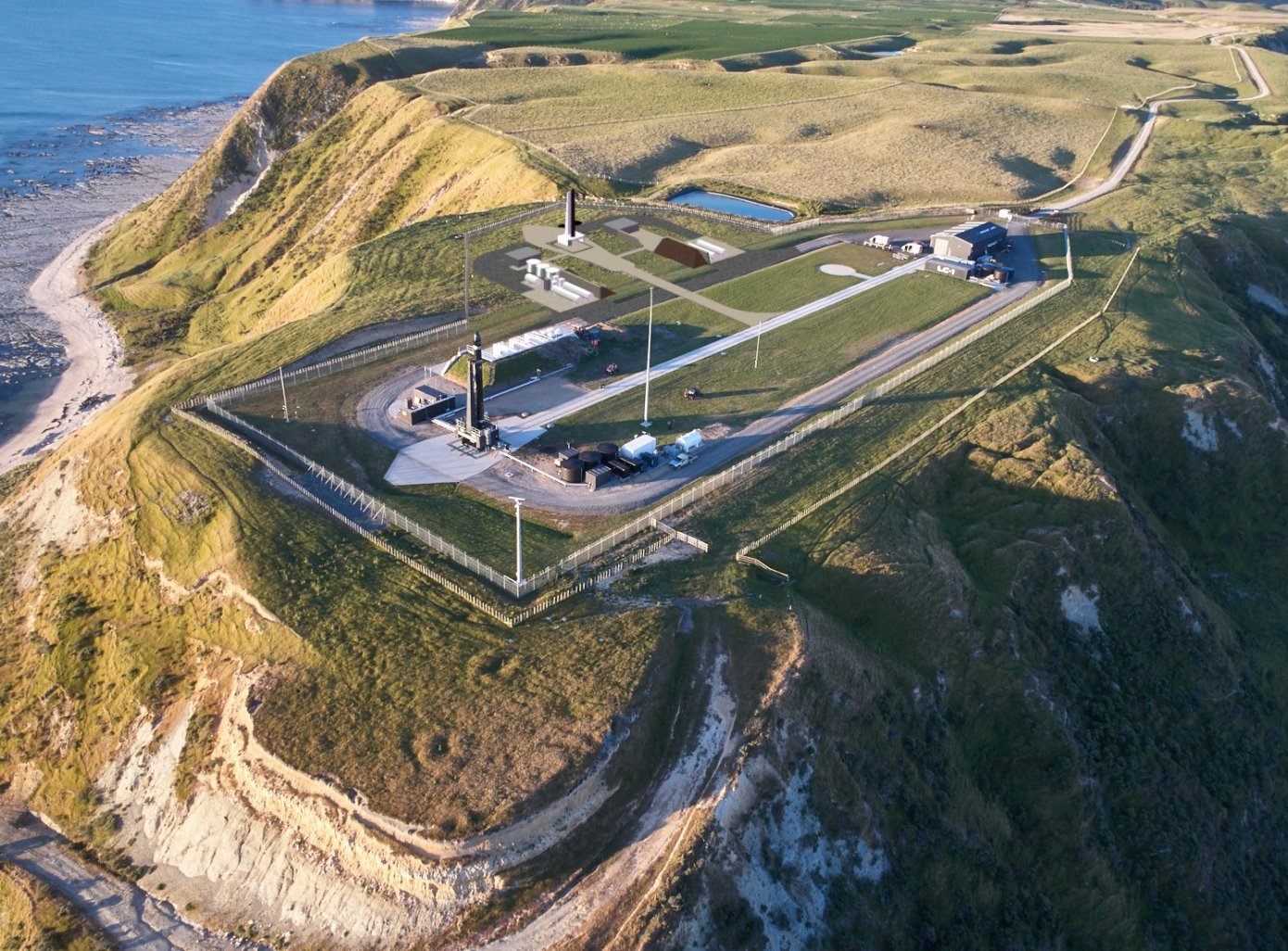Max Q is a new weekly newsletter all about space. Sign up here to receive it weekly on Sundays in your inbox.
Typically, the holiday season is a slow one in the tech industry — but space tech is different, and this past week saw a flurry of activity, including one of the most important rocket launches of the year.
Just about every significant new space company got in on the action during the past seven days, either with actual spacecraft launches, or with big announcements. And everything that went down sets up 2020 to be even crazier.
Boeing’s big year-end mission doesn’t go as planned
Boeing managed to get a crucial test launch in for its commercial crew program — which is NASA’s effort to get U.S. astronauts launching from U.S. soil once again. Boeing launched its “orbital flight test” or OFT on Friday, and the actual rocket launch part of the flight went exactly as intended.
Unfortunately, what came next didn’t match up with what was supposed to happen: The Starliner spacecraft (which wasn’t actually carrying anyone for this test) ran into an error with its onboard mission clock that led to it expending more fuel more quickly than it should have, leaving it with not enough fuel to make its planned rendezvous with the ISS.
… but at least it stuck the landing
The Starliner capsule didn’t dock with the Space Station, but it still completed a number of key objectives, like demonstrating that its docking arm extended properly. Maybe most importantly, it also landed back on Earth on time and on target, per the revised mission plan that Boeing and NASA hammered out once they determined they couldn’t reach the station as planned. In space as in startups, even failures are successes of a kind.
SpaceX launches Falcon 9 but misses the fairing catch
 SpaceX’s latest launch took place on Monday, and it was a success in just about every regard — except in terms of one of its secondary missions, which was an attempt to catch the two fairing halves that together cover the payload as the rocket ascends to space. SpaceX has been trying to catch these with ships at sea equipped with large nets, and it caught one previously. It’ll keep trying, just like it did with rocket booster landings, and could save up to $6 million per launch once it gets the process right.
SpaceX’s latest launch took place on Monday, and it was a success in just about every regard — except in terms of one of its secondary missions, which was an attempt to catch the two fairing halves that together cover the payload as the rocket ascends to space. SpaceX has been trying to catch these with ships at sea equipped with large nets, and it caught one previously. It’ll keep trying, just like it did with rocket booster landings, and could save up to $6 million per launch once it gets the process right.
Europe launched a planet-watcher
The European Space Agency also launched a rocket this week — a Soyuz carrying a new satellite that will observe exoplanets (planets outside our solar system) from orbit. It’ll be able to assess their density from that vantage point, giving us valuable new info about the potential habitability of distant heavenly bodies.
Apple might enter the satellite constellation game

Smartphone iPhone XS mockup. Design template for graphic design, motion graphics, digital marketing.
Apple apparently has its own team internally working on satellite communication technologies. This effort may or may not involve the iPhone-maker actually developing its own spacecraft, but it seems like the overall goal is to develop its own direct wireless communication network to work with iPhones and other Apple hardware.
Amazon is opening a dedicated HQ for its satellite business
Meanwhile, Amazon’s own satellite business is a known quantity called “Project Kuiper,” and the company is going to double down on its investment next year with a new dedicated space for Kuiper’s R&D and prototype manufacturing. Eventually, Kuiper will be a constellation of low Earth orbit satellites providing broadband to underserved and unserved areas of the globe.
Rocket Lab is already working on its third launch pad
Rocket Lab will be opening a third launch pad, the company announced, just after declaring its second in Virginia this month. The third launch site will be at the same spot as its first — on the Mahia peninsula in northern New Zealand.


Comments
Post a Comment